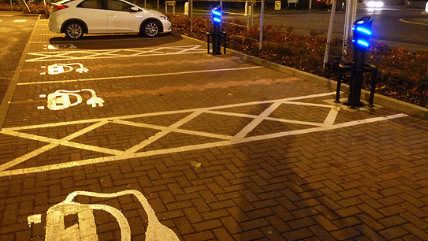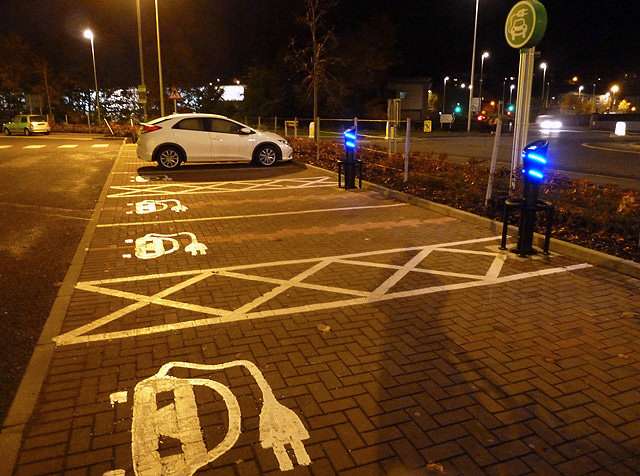The Zero Emissions Vehicle Remains a Myth


After the introduction of the mass-market hybrid in the late 1990s, mainstream America began a discussion about car exhaust that today has evolved into an all-out quest for "zero emissions" transportation. That pursuit is impossible.
As Bjorn Lomborg deftly explains in an op-ed for today's Wall Street Journal, even newfangled electric cars leave a rather substantial carbon footprint:
If a typical electric car is driven 50,000 miles over its lifetime, the huge initial emissions from its manufacture means the car will actually have put more carbon-dioxide in the atmosphere than a similar-size gasoline-powered car driven the same number of miles. Similarly, if the energy used to recharge the electric car comes mostly from coal-fired power plants, it will be responsible for the emission of almost 15 ounces of carbon-dioxide for every one of the 50,000 miles it is driven—three ounces more than a similar gas-powered car.
Not only that, but America's electric grid may not be up to the challenge of supporting just one electric plug-in vehicle per family (and most families own more than two cars). From Scientific American:
Adding a plug-in car to the grid is equal to about a third of a house, Kjaer said. And because early adopters are likely to spring up in geographic concentrations, that could mean overloaded transformers at the distribution level or plug-in cars potentially causing power outages.
At least some of the trendier models will make you look good when you stand next to them in your driveway.
Even creative solutions like the electric Honda FCX Clarity (Top Gear called it "the most important car for 100 years"), which uses a hydrogen fuel cell as a power-source, has its share of challenges to go along with its benefits.
Just because you have water vapor coming out of your tailpipe—if you even have a tailpipe—doesn't mean that you have zero emissions. It takes energy to create usable hydrogen or charge batteries, and the bulk of our energy is still generated by fossil fuels which create greenhouse gases. This means that discussions about which vehicles produce more carbon dioxide on the road ignore a big source of emissions.
In other words: pretty much all of these tax incentives for hybrid and electric cars are way too generous.
